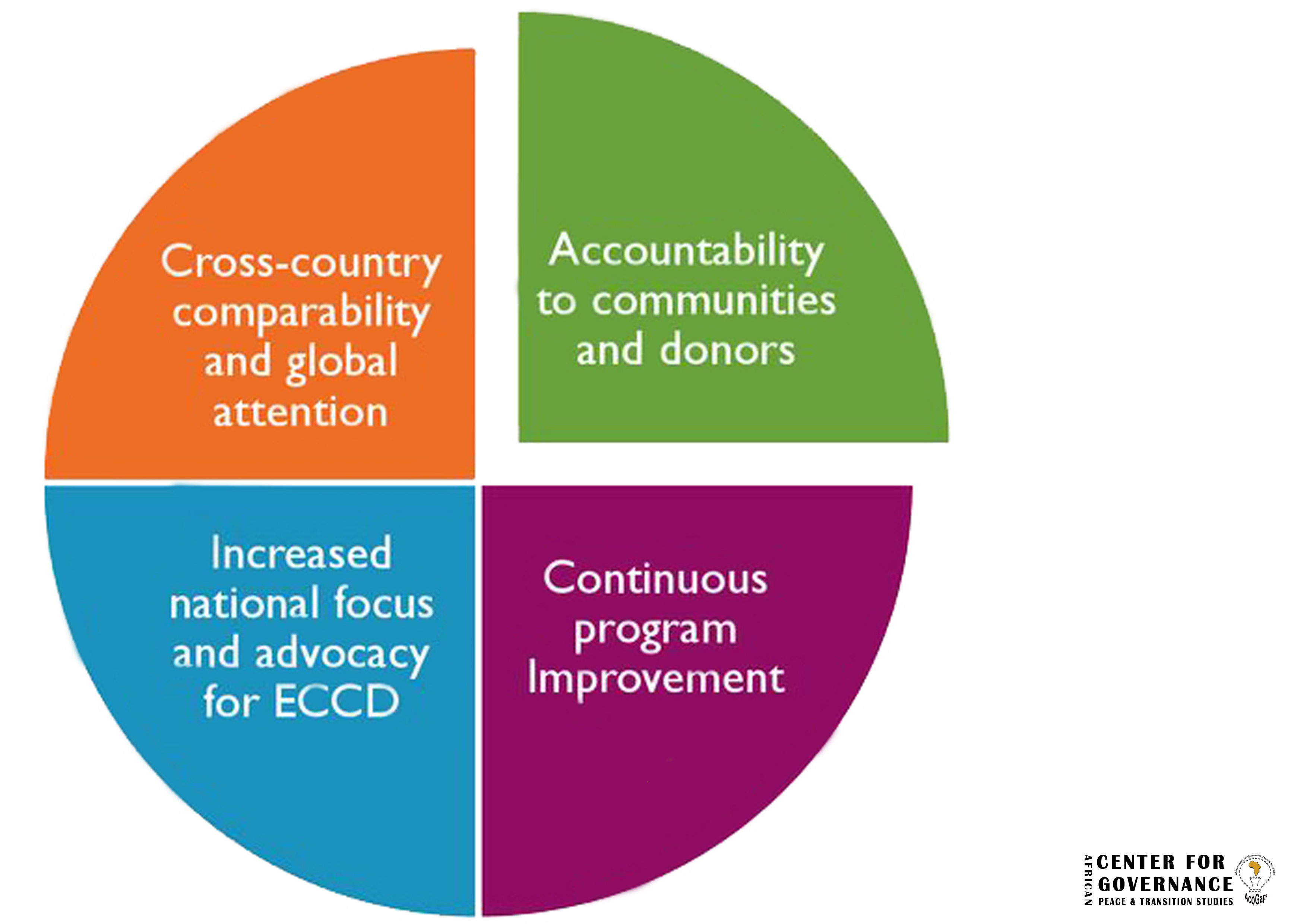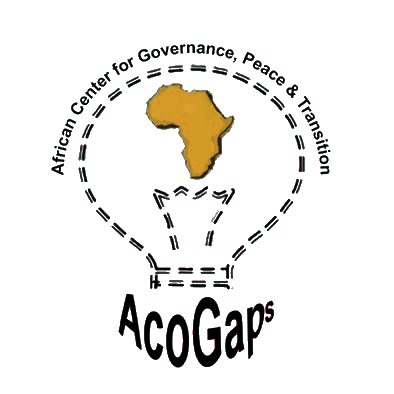
Monitoring, Evaluation, Accountability, and Learning (MEAL)
“Monitoring, Evaluation, Accountability, and Learning (MEAL) comprises a growing strand within humanitarian action. The point is simple: comprehend and demonstrate the impact of humanitarian intervention. Does it work? A straightforward question that is difficult to answer given the complexities and constraints of the humanitarian operating environment. MEAL involves tracking the progress of programs, making adjustments and assessing the outcomes. Equally challenging is the use of this information to foster change within the organization or even the system as a whole.”
– International Association of Professionals in Humanitarian Assistance and Protection

Humanitarian Principles
In all our work, we aspire to uphold the humanitarian principles of humanity (responding to need), independence and impartiality.
These principles guide us when assisting civilian populations. Moreover, we adhere to the Code of Conduct for the Red Cross and Red Crescent and the Sphere standards of humanitarian response.
Accountability and Learning
We have an internal control system and professionally qualified staff to ensure that we are effectively using our funds. We aspire to be a learning organization, with real-time evaluations, program reviews, a published accountability report, including complaints and whistleblowing policies. Through these procedures, we seek to hold ourselves accountable to our supporters, partners, beneficiaries and the general public.
Transparency & Accountability
Operating efficiently with minimal fundraising and administrative costs, we strive to commit $0.90 of every dollar directly to our field programs. Our organization has an effective financial management system, which is evidenced by the top rates we receive from the independent, third-party rating agencies listed above.
Financial efficiency is one indicator of organizational health; a guarantee of effective programs is essential. We, also, insist on independent, external assessments of our programs. That is, we regularly undertake external assessments to evaluate: our program impact, coverage, coherence, relevance, sustainability, effectiveness, and efficiency. And we’ve developed quality management procedures and an internal auditing system to streamline our capabilities and optimize our resource use.
We are committed to a policy of transparency and disclosure by ensuring a good management system and that key financial information is publicly available.
Our Accountability to Stakeholders
As an organization and as individuals, we demonstrate accountability to our stakeholders by exhibiting the following behaviors:
- Act ethically
- Treat all people with respect
- Remain open and transparent about our work and how we do it
- Involve our stakeholders in the design, planning, implementation, monitoring and evaluation of our work
- Act as effective stewards of the financial resources entrusted to us and the natural environment in which we live
- Commit to make a demonstrable impact upon our stakeholders while also using their feedback to innovate, learn and improve

